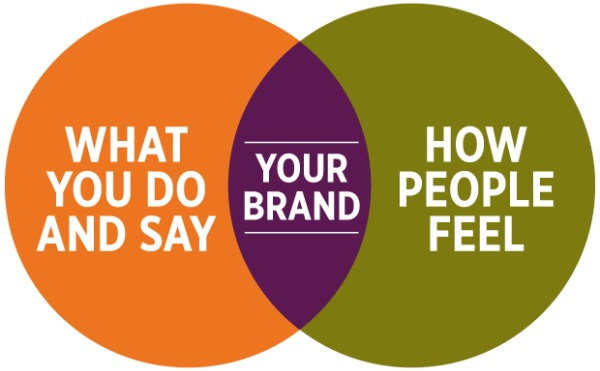The combative clamor of presidential primaries every four years can seem like the harbinger of something worse to come, and, alas, occasionally it is. But this time around, brand marketers are hoping that more comes out of it than just avoiding the worst; they want something good to happen. In particular, brand marketers would like for the tumult of 2012 electioneering to energize consumer spending.
There is some evidence that politicking helps pry open people’s pocketbooks. Rarely has consumer spending dropped during a presidential election year. The last time it happened prior to the 2008 year of the financial crisis was 1980. In fact, generally speaking, consumer spending tends to pick up in election years.
Business turnaround consultant Steve Hansen blogged about this phenomenon earlier this year at the investor blog, SeekingAlpha.com. He shared a chart with this question, “Is there something about elections that excites consumers?” Hansen’s chart showed that in five of the six presidential election years from 1988 to 2008, the annual growth in consumer spending exceeded the average annual spending growth over the entire period. The one exception was 2008.
This trend in consumer spending is paralleled by a similar pattern of improvement in consumer confidence. A review by the National Association of Realtors of the Conference Board Consumer Confidence Index from 1977 to 2009 found that confidence was somewhat more likely during election years to increase rather than decrease from October to November.
But however encouraging these results may be, they are far from definitive. The pattern of higher spending in presidential election years is highly variable, and often a very small difference when the particularly weak years of 2007-2009 are excluded from the baseline average. Similarly, the increase in consumer confidence during election years is not consistent nor is it particularly strong.
More importantly, though, the causality is murky. It is not clear why presidential campaigns would boost consumer spending. In fact, the strongest evidence suggests the opposite. The economy has a big effect on elections not the other way around.
Yale economist Ray Fair has built his reputation on a track record of accurately predicting whether the incumbent party will retain the White House based on GDP growth trends leading up to the election. Other models predicting election results from economic performance have been developed as well. This is not to say that issues other than the economy don’t matter; it is only to observe that the economy not the election is what drives the relationship between these marketplace dynamics.
The bottom line for marketers is that they are not going to get any help in growing their brands from election campaigning. Nothing about the fervor unleashed by political candidates will spill over into the consumer marketplace. Media companies will enjoy the spending premium of election years, but brand marketers will have to fight just as hard as ever to win the business of consumers in their categories.
This is not to suggest that marketers couldn’t benefit from drafting behind the upcoming general election for president. Three issues are likely to be near the top of the campaign agenda, each of which offers an opportunity for marketers to strengthen their connections with consumers.
The presidential contenders will lead with their differing philosophies about managing the economy. They will square off on issues related to debt, spending and fiscal responsibility. This will make value and smart budgeting more salient to people, which will give brands a chance to position themselves as a good value for high quality and high performance. Remember that the political debates won’t be about austerity per se. They will be about the best ways to stimulate the broader economy. So the message to consumers shouldn’t be one of frugality so much as one about the smartest way to get the best quality and performance.
In parallel with economic issues will be issues related to trust and integrity. This heightened focus rectitude will make it imperative for brands to keep emphasizing transparency and authenticity. Circumstances have made these elements of brand-building a higher priority already, but the upcoming campaign rhetoric is sure to stir up consumers again.
Finally, the candidates will engage in a war of words about foreign policy. While this has no direct parallel in consumer marketing, the debate about the relationship of the U.S. with other countries, especially certain belligerent nations, will keep the globe in view. Patriotic appeals to “buy American” never sell. But “build America” appeals almost always resonate. Brands should orient some of their responsibility efforts on fostering and underwriting the renewal of local communities in ways that measure up to the global challenges facing the country at large.
In sum, there is common ground between electioneering and marketeering, but there is no free ride for marketers. Consumer spending is not going to rise on the tide of campaign spending. But marketers can find ways to help their brands by properly connecting with the issues of the day. Salience is the hardest thing that brand marketers face, so letting politicians carry that ball is the best way to play the game in an election year.
The Blake Project Can Help: Accelerate Brand Growth Through Powerful Emotional Connections
Branding Strategy Insider is a service of The Blake Project: A strategic brand consultancy specializing in Brand Research, Brand Strategy, Brand Licensing and Brand Education




